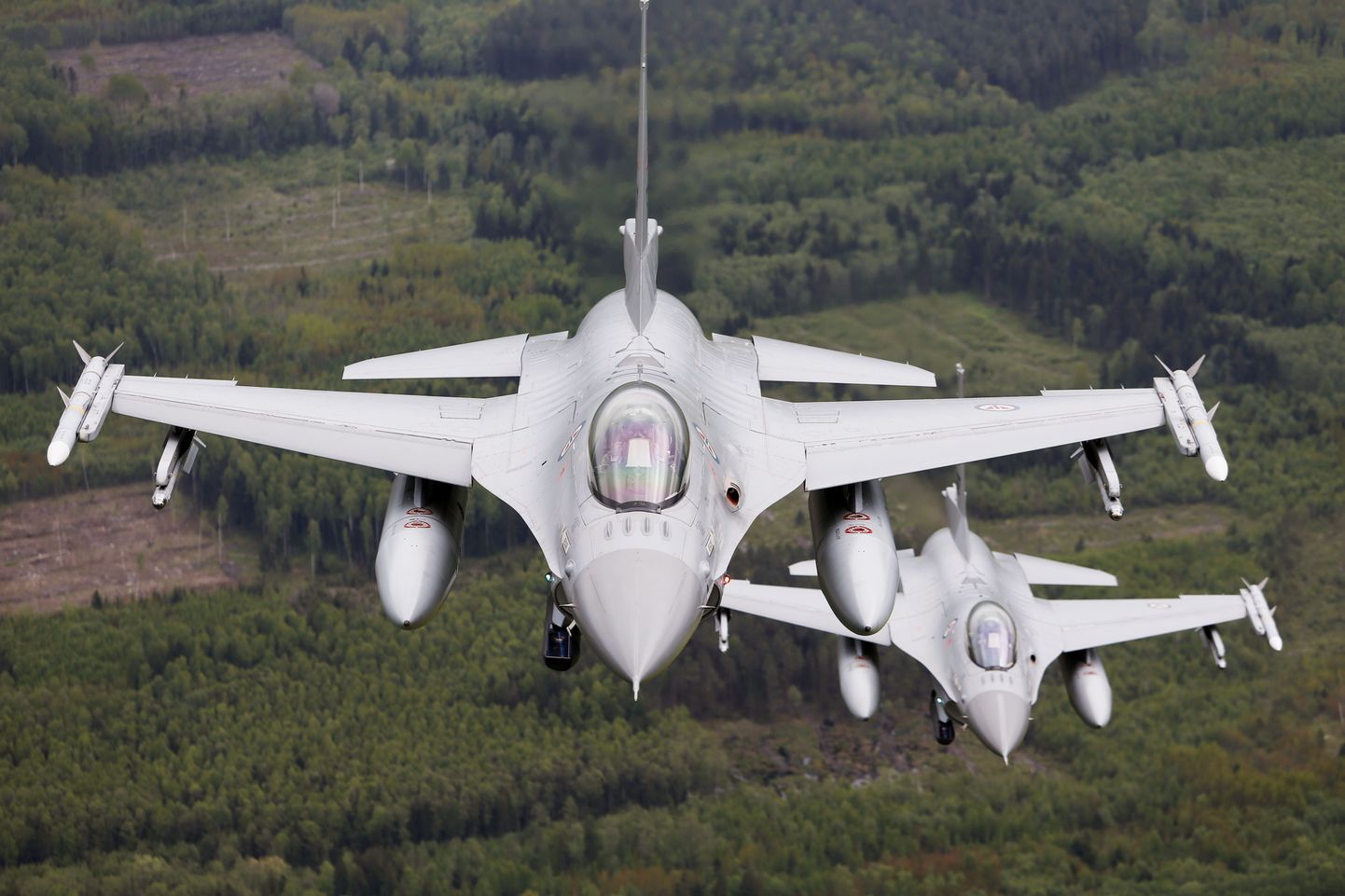According to Mure, of the two parallel contingents of fighter jets based in Lithuania one will be missing this fall which means that instead of the planned eight planes four will be present. «The reason behind it is not a conscious decision to downsize the mission but the allies have not been able to find enough fighters to fill the void,» Mure said. «Hopefully the situation will improve in 2016 and the presence in Lithuania will reach the same level as before,» she added.
«This is probably the circumstance The Guardian was referring to and what the NATO Headquarters is also talking about,» Mure said.
According to Mure the assessment of the NATO Headquarters regarding reducing the number of fighters in the Baltic states not only concerns presence in the Baltic countries but also in Poland. «Poland has traditionally not been part of the Baltic air policing mission although operatively NATO treats it that way,» she said. The Baltic air policing mission is made up of the main contingent in Siauliai and two additional contingents in Amari and Siauliai. «That is 12 fighters in total (which will be reduced to eight from September to December of this year), not 16 like the total number is for Baltic and Polish operations combined,» Mure said.
She added that as a result of Russia's military activity near the Baltic air space, Estonia supports both additional contingents continuing in Amari as well as Siauliai also after the end of 2015.
Since the three Baltic states of Lithuania, Latvia and Estonia joined NATO in 2004, the air policing mission was usually performed by four jets stationed in Lithuania. After Russia annexed Ukraine's Crimea region last year, NATO Allies sent additional jets to the three countries, including to Estonia's Amari air base.

